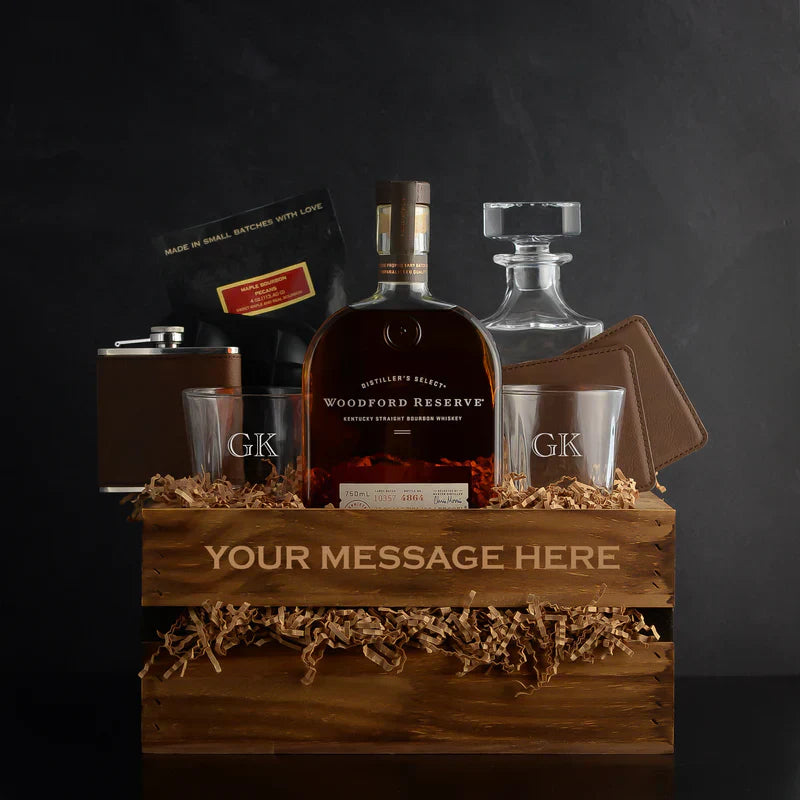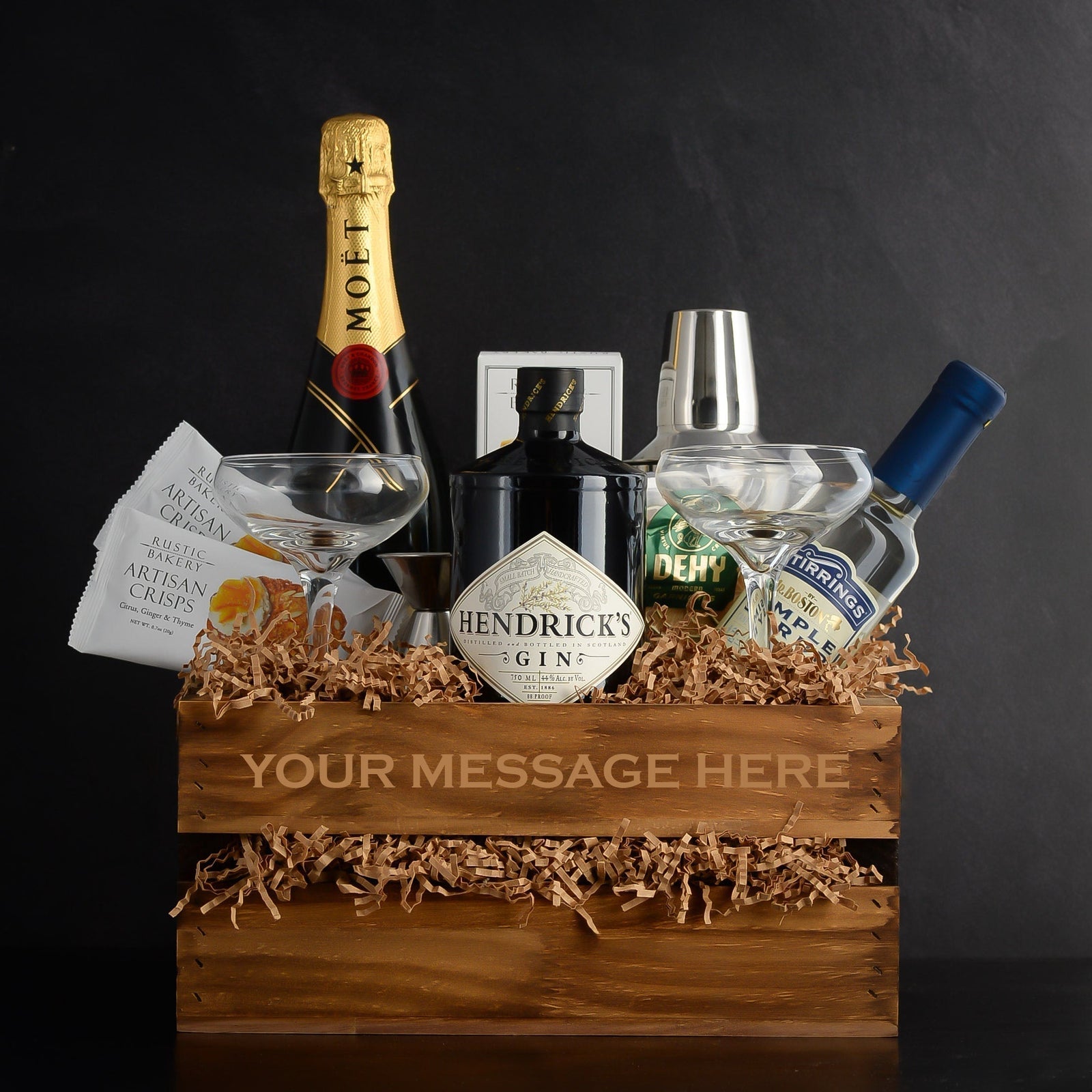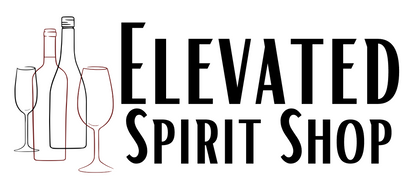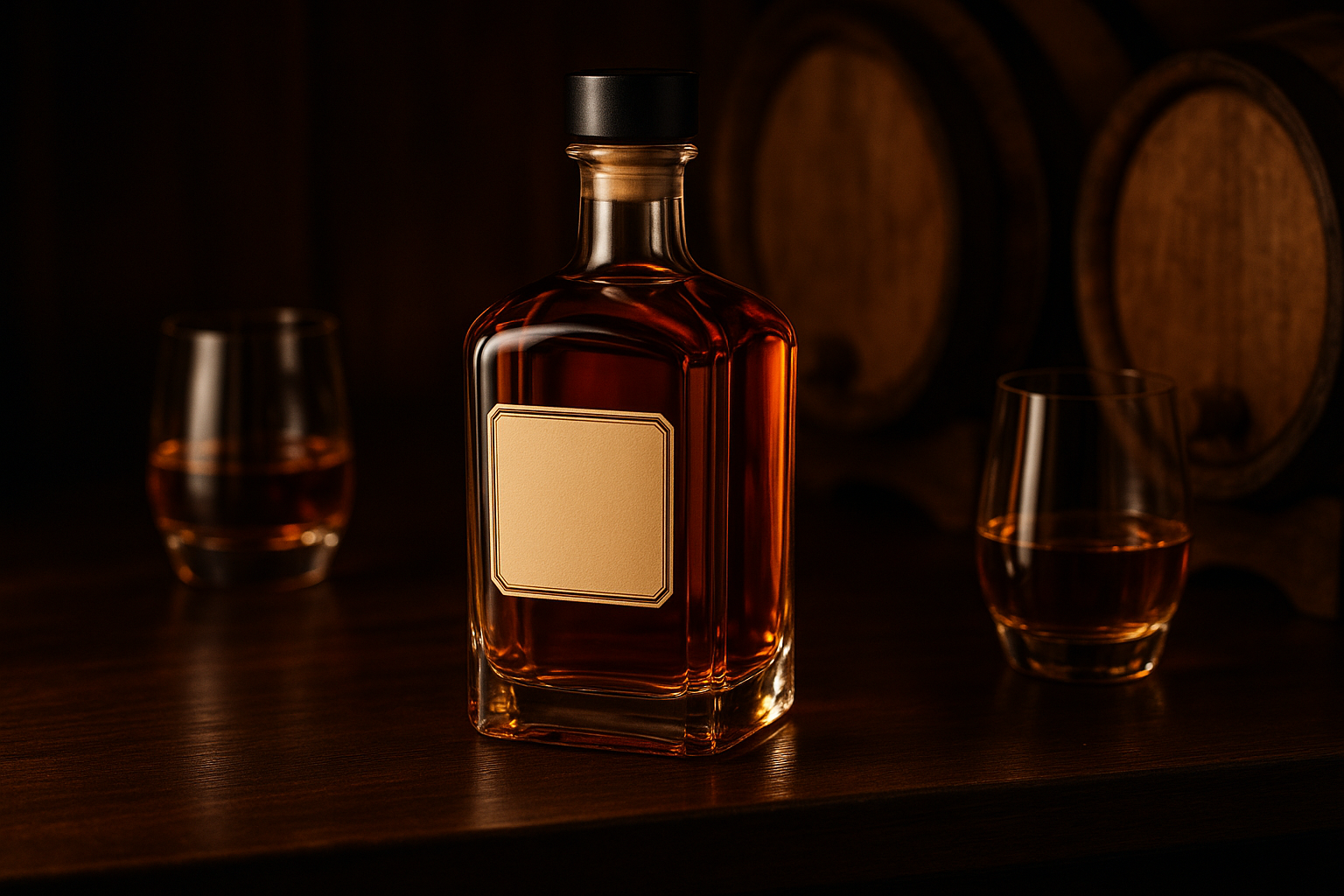Your Cart is Empty
More Gift Types
How to Store Liquor at Home: Expert Tips for Preserving Flavor and Quality
by John Yaylagul July 10, 2025
Whether you’re building your home bar or saving a special bottle for later, knowing how to store liquor at home ensures your spirits stay fresh, flavorful, and gift-ready for months (or even years).
From whiskey and tequila to vodka and rum, here’s everything you need to know about the right way to store liquor at home—plus common mistakes to avoid.
1. Store Liquor Upright
Why It Matters:
Most liquor bottles—especially those sealed with corks—should be stored vertically. Unlike wine, where horizontal storage keeps the cork moist, liquor’s high alcohol content can degrade corks if it sits against them.
✅ Prevents cork contamination
✅ Reduces risk of leaks
✅ Keeps labels looking pristine
2. Keep Bottles Away from Heat & Sunlight
Best Practice:
Store your bottles in a cool, dark place—ideally a cabinet or bar cart away from windows, radiators, ovens, or direct sunlight.
🔆 Sunlight can cause chemical reactions that alter color and flavor
🔥 Heat accelerates evaporation and aging in a negative way
🌡️ Ideal temperature range: 60°F–70°F (15°C–21°C)
3. Avoid Fluctuating Temperatures
Why It’s Important:
Drastic temperature swings (like placing bottles above the fridge or near exterior walls) can compromise the integrity of the spirit and cause pressure changes that damage seals or cause leakage.
✅ Consistency is key
✅ Basements or low cabinets are better than attics or sunny shelves
4. Seal Bottles Tightly After Opening
If you've opened a bottle and plan to enjoy it over time, make sure it’s properly sealed to reduce oxidation.
-
Re-cap tightly after each use
-
Avoid pour spouts left open between uses
-
Use vacuum or inert gas wine savers for high-end bottles, if needed
5. Know the Spirit’s Shelf Life (Opened vs. Unopened)
| Spirit | Shelf Life (Unopened) | Shelf Life (Opened) |
|---|---|---|
| Whiskey | Indefinite | 1–2 years after opening |
| Vodka | Indefinite | 2+ years |
| Tequila | Indefinite | 1–2 years |
| Rum | Indefinite | 1–3 years |
| Gin | Indefinite | 1–2 years (can lose botanical notes) |
| Liqueurs | 1–5 years | Shorter—check for sugar or cream spoilage |
6. Use a Home Bar or Liquor Cabinet
A bar cabinet isn’t just stylish—it also keeps bottles out of sunlight, upright, and secure. Bonus if it includes:
-
Glass racks
-
Lockable doors (for safety)
-
Temperature insulation
7. Avoid Refrigerating Most Spirits
Unless you're serving something chilled (like vodka for martinis), there’s no need to refrigerate most liquor. Cold temperatures don’t extend shelf life and can mute aromas and flavors.
✅ Do refrigerate:
-
Cream liqueurs (like Baileys)
-
Vermouth and fortified wines
-
Low-ABV or sugar-rich mixers
8. Label Rare Bottles or Collectibles
If you're storing bottles long-term or gifting premium bottles in the future, consider:
-
Labeling with purchase date
-
Keeping original packaging or boxes
-
Storing receipts or certificates of authenticity
Common Mistakes to Avoid
🚫 Leaving bottles in the car or garage
🚫 Using wine racks for whiskey or tequila
🚫 Storing bottles above the stove or fridge
🚫 Ignoring leaking corks or damaged seals
Also in News

What Are Corporate Gifts? The Complete Guide to Business Gifting
by John Yaylagul October 27, 2025
Read More
Liquor Gift Basket Ideas for 2025 by Elevated Spirit Shop
by John Yaylagul September 23, 2025
Liquor gift baskets are elegant, versatile, and suitable for nearly any occasion. Unlike generic gifts, an alcohol-themed gift basket can be customized for the recipient's taste and the event being celebrated. From bourbon and vodka to champagne cocktails and tequila, here are our top 10 gift baskets for 2025.
Subscribe
Sign up to get the latest on sales, new releases and more …

